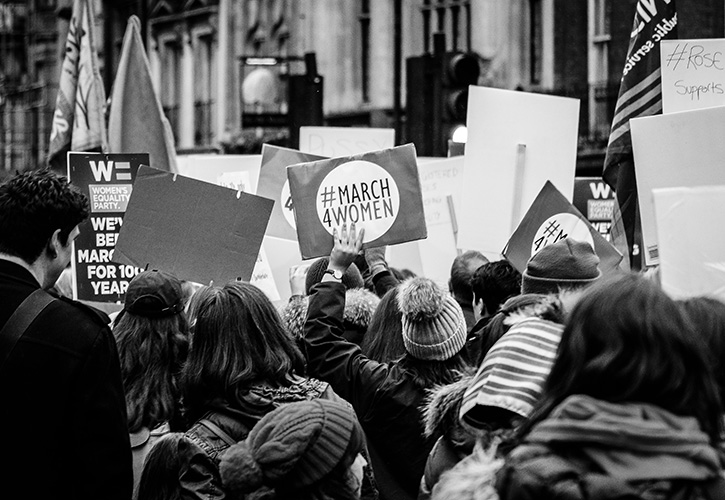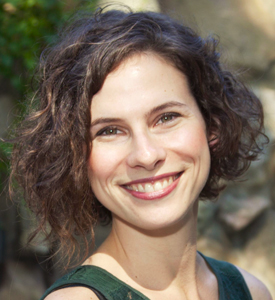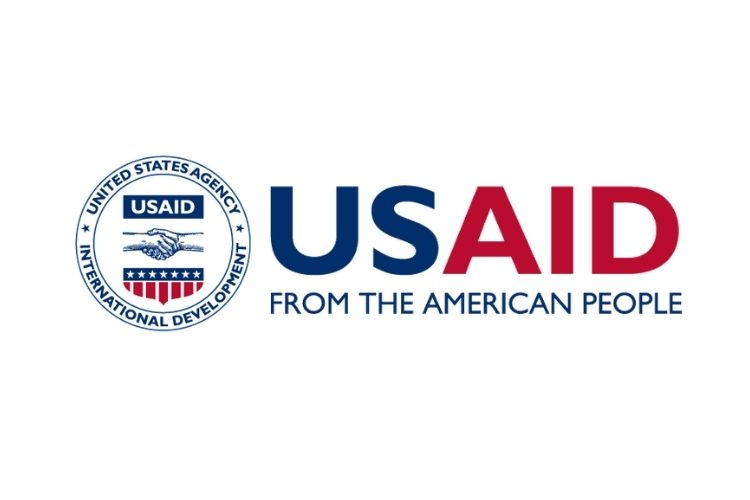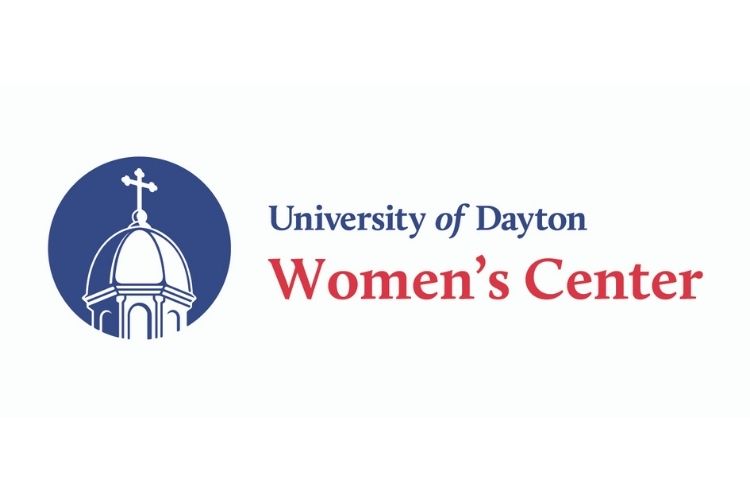
Gender, Science and Human Rights
A Series of Roundtables
In celebration of Women’s History Month, we are pleased to host a series of conversations that address some of our most pressing global problems. With sharply rising social inequalities and recent challenges to the legitimacy of science, we are in desperate need of measured dialogue. These conversations on violence, health, sustainability and peace spotlight insights from experts and activists who are doing innovative work to make the world a better place.

Women's History Month
In 1981, the U.S. declared a week in honor of women's history. Today, we continue this celebration throughout March, recognizing the struggles and successes of all women and girls.
Conversation
Conversations in this series focus on how advocates in different sectors - including academia, government, and non-profits - use empirical evidence to advance their work.
Schedule of Events
3:35 pm - 4:50 pm ET
In the past year, gender-based violence has accelerated to unprecedented levels during the global coronavirus lockdowns. Experts are calling it a “shadow pandemic,” and the negative impacts on women and girls will almost certainly reverberate for years to come. In this session, long-time advocates in the anti-violence field will discuss our current crises, best practices for programming, and where they think we’re headed next.
Roundtable Participants Include:
Amber Joy Powell; Doctoral Fellow; American Bar Foundation
Chai Shenoy; Senior Gender-Based Violence Advisor; U.S. Agency for International Development
Ethan Czuy Levine; Assistant Professor of Criminal Justice; Stockton University
Ericka Curran; Assistant Professor of Lawyering Skills; University of Dayton Law School
Josh Segalewitz; Development Associate; The Palladium Group
Rosa Beltre; Executive Director; Ohio Alliance to End Sexual Violence
Facilitated by Jamie Small with opening remarks by Denise James, Associate Professor and Director of the Women's and Gender Studies Program at the University of Dayton.
3:35 pm - 4:50 pm ET
Despite remarkable scientific progress in medicine over the past century, there remain significant disparities in access to healthcare and life outcomes around the world. These disparate outcomes are shaped by group membership, such as gender, race, and nationality. The uneven global rollout of the COVID-19 vaccine is one of many examples of such inequalities. In this session, domestic and international health experts will discuss how they see these uneven outcomes play out in their work.
Roundtable Participants Include:
Afeefa Abdur-Rahman; Senior Gender Advisor; U.S. Agency for International Development
Alyssa Bovell; Gender Equity and Social Inclusion Practitioner; Family Health International (FHI 360)
Elizabeth Langen; Associate Professor of Obstetrics & Gynecology; University of Michigan
Simanti Dasgupta; Associate Professor of Anthropology; University of Dayton
Simran Kaur; Director of Center for Community Health; Valley Children's Healthcare
Zakiya Luna; Associate Professor of Sociology, University of California, Santa Barbara.
Facilitated by Jamie Small with opening remarks by Lisa Borello, Director or Academic Affairs and Learning Initiatives at the University of Dayton's Women's Center.
3:35 pm - 4:50 pm ET
Economic and environmental sustainability are deeply intertwined, and they shape community outcomes around the world in profound ways. Women and girls, in particular, are negatively impacted by financial precarity and the far-reaching effects of climate change. In this session, experts will discuss how they came to their work on sustainability and how we can use science communications to create more secure communities.
Roundtable Participants Include:
Anjali Fleury; Women's economic empowerment Fund Program Manager, U.S. Agency for International Development
Cate Owren; Senior Gender Programme Manager; International Union for the Conservation of Nature
Dyebo Shabalala; Associate Professor of Law; University of Dayton
Farzana Ramzan; Monitoring and Evaluation Specialist; U.S. Agency for International Development
Randi Davis; Resident Representative in Trinidad and Tobago, Aruba, Curacao, and Sint Maarten; United Nations Development Programme
Shazia Rahman; Associate Professor of English; University of Dayton
Facilitated by Jamie Small with opening remarks from Shelley Inglis, Executive Director of the University of Dayton's Human Rights Center.
3:35 pm - 4:50 pm ET
Conflict and insecurity are increasing in many hotspots around the world, and Black Lives Matter activists in the US shed light on the essential conversations around peacebuilding that are occurring domestically. Yet democracy, governance, and peacebuilding efforts are more sustainable when women, and other marginalized groups, have a seat at the table. In this session, international development practitioners will dialogue with local leaders to generate insights about best practices for building inclusive and peaceful communities.
Roundtable Participants Include:
Ajit Joshi; Senior Human Rights Advisor; U.S. Agency for International Development
Amaha Sellassie; President; Gem City Market
Carlos Permell; Director of Shelter Services; Open Arms & Samaritan House, Westchester, New York
Jennifer Hawkins; Senior Women, Peace, and Security Advisor; U.S. Agency for International Development
Natalie Hudson; Associate Professor of Political Science; University of Dayton
Sharetta Smith, Office of Mayor, Chief of Staff; City of Lima, Ohio
Facilitated by Jamie Small with opening remarks by Dayton Mayor Nan Whaley.
No country can ever truly flourish if it stifles the potential of its women and deprives itself of the contributions of half of its citizens.
Michelle Obama




